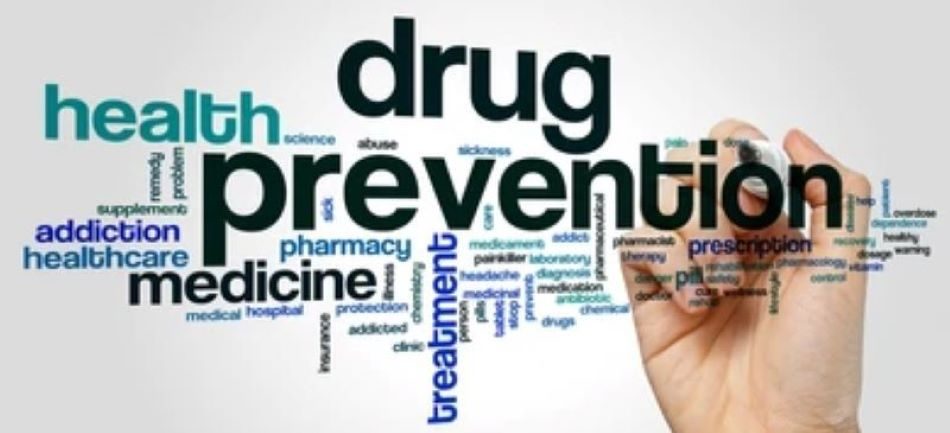The Substance Abuse Professional (SAP) Evaluation DOT is crucial for ensuring compliance and mitigating risks within the transportation industry. The Department of Transportation (DOT) mandates that employees in safety-sensitive positions undergo evaluations and follow-ups if they violate drug and alcohol regulations.
This process is integral not only to maintaining the integrity of the transportation sector but also to safeguarding public safety. Addressing substance abuse issues promptly and thoroughly helps companies meet regulatory standards and create a safer workplace for everyone involved.
This blog explores SAP evaluations’ impact on compliance and risk management, highlighting their role in the return-to-duty process and SAP drug programs to aid businesses in regulatory navigation and risk management enhancement.
Ensuring Regulatory Compliance
Compliance with DOT regulations is non-negotiable for companies operating within the transportation industry. The SAP evaluation DOT is a critical component of this compliance framework. When an employee fails a drug or alcohol test, they must undergo an evaluation by a certified SAP. This process ensures that the employee receives appropriate guidance and treatment before they can return to duty.
By adhering to this process, companies demonstrate their commitment to upholding regulatory standards and maintaining a drug-free workplace. This not only avoids hefty fines and penalties but also protects the company’s reputation and operational integrity.
Key Benefits of Compliance
- Avoidance of Fines: Hefty penalties can be avoided by adhering to regulations.
- Enhanced Reputation: Demonstrates commitment to safety and regulatory standards.
- Operational Integrity: Maintains smooth operations without disruptions from non-compliance issues.
Enhancing Safety Standards
Safety is paramount in the transportation industry. The SAP evaluation ensures that employees who have violated drug and alcohol policies are fit to return to their safety-sensitive duties. Through a structured SAP drug program, employees receive the necessary support to address substance abuse issues.
This program includes initial evaluations, treatment plans, and follow-up testing, all designed to ensure that the individual is rehabilitated and no longer poses a risk. By implementing these evaluations, companies can significantly reduce the risk of accidents and incidents, there by enhancing overall safety standards.
Components of a SAP Drug Program
Component | Description |
|---|---|
Initial Evaluation | Assessment by a certified SAP |
Treatment Plan | Personalized plan to address substance abuse |
Follow-up Testing | Regular testing to ensure ongoing compliance |
Supporting the Return to Duty Process
The return to duty process is a structured approach that helps employees reintegrate into their roles after violating drug and alcohol policies. It starts with a comprehensive SAP evaluation to understand their situation fully. Following this, a personalized treatment plan is developed to aid their recovery journey.
Once treatment is completed, regular follow-up evaluations and tests ensure they’re fully prepared to resume their duties safely. This structured approach not only fosters a safe and productive work environment but also shows the company’s dedication to supporting its employees’ well-being.
Steps in the Return to Duty Process
- Initial SAP Evaluation: Assessing the employee’s substance use issue.
- Personalized Treatment Plan: Creating a tailored plan for rehabilitation.
- Completion of Treatment: Ensuring the employee follows through with the plan.
- Follow-up Evaluation: Additional assessments will be conducted to confirm rehabilitation.
- Return to Duty Testing: Performing tests to ensure the employee is fit to resume duties.
Risk Management and Liability Reduction
Effective risk management is crucial for any business, particularly in the transportation sector. The SAP evaluation DOT plays a key role in identifying and mitigating risks associated with substance abuse. By ensuring that employees are evaluated and treated appropriately, companies can reduce the likelihood of substance abuse-related incidents.
This not only protects the company from potential lawsuits and liability claims but also minimizes operational disruptions. A robust SAP drug program is an essential tool for any company looking to manage risks effectively and maintain a safe working environment.
Risk Management Strategies
- Regular Evaluations: Frequent assessments to identify and address issues early.
- Comprehensive Treatment: Ensuring thorough rehabilitation to prevent recurrence.
- Ongoing Monitoring: Continuous follow-up to maintain a drug-free workplace.
Maintaining a Drug-Free Workplace
A drug-free workplace is essential for the smooth operation of any transportation company. The SAP evaluation process ensures that employees who have violated drug and alcohol policies receive the necessary support to overcome their issues. This process includes regular follow-up evaluations and testing to ensure ongoing compliance.
By maintaining a drug-free workplace, companies can enhance Productivity, reduce absenteeism, and create a safer working environment for all employees. This commitment to a drug-free workplace also reflects positively on the company’s reputation, attracting clients and partners who value safety and compliance.
Benefits of a Drug-Free Workplace
Benefit | Description |
|---|---|
Enhanced Productivity | Increased efficiency and reduced downtime |
Reduced Absenteeism | Fewer days missed due to substance abuse issues |
Safer Work Environment | Lower risk of accidents and incidents |
The Role of Employers in Supporting SAP Evaluations
Employers play a crucial role in the SAP return to duty process. It is the employer’s responsibility to ensure that employees who have violated drug and alcohol policies undergo the required evaluations and follow-ups. By taking an active role in this process, employers can foster a culture of safety and compliance within their organization, benefiting both individual employees and contributing to the overall success and stability of the company.
Employer Responsibilities
- Facilitate Evaluations: Ensure employees undergo necessary SAP evaluations.
- Support Treatment Plans: Provide resources and support for employee rehabilitation.
- Monitor Compliance: Regularly check for compliance with treatment and follow-up testing.
Safety and Compliance with Affordable Evaluation
The SAP evaluation DOT is crucial for compliance and risk management in transportation. By ensuring employees receive proper evaluations and treatment, companies enhance safety standards, reduce risks, and maintain a drug-free workplace, demonstrating commitment to regulatory compliance and employee well-being.
For companies looking to navigate the complexities of DOT regulations, offering affordable evaluation services can be a key differentiator, helping to ensure that all employees receive the support they need to safely return to duty.
By understanding and implementing the SAP evaluation process, businesses can create a safer, more compliant, and more productive work environment, ultimately leading to long-term success and sustainability in the transportation industry. To learn more about navigating DOT regulations and implementing effective SAP evaluations, visit at Affordable-evaluations.com.















